
Sirolimus shows promise in decreasing skin cancer risk among organ transplant patients.

Sirolimus shows promise in decreasing skin cancer risk among organ transplant patients.

Hepatitis C treatment with pegylated interferon alpha may lead to anti-interferon antibodies.
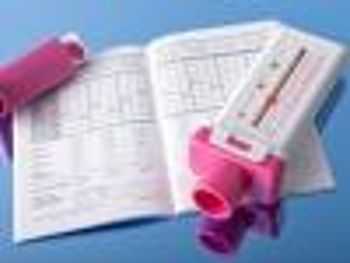
Predictors of higher cost include older age, male sex, and hospital location.
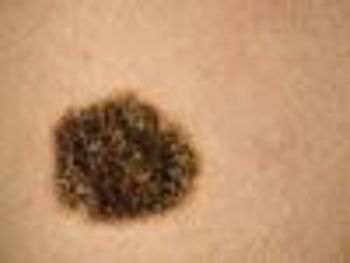
Tumor depth associated with the highest risk risk ratio of local recurrence.
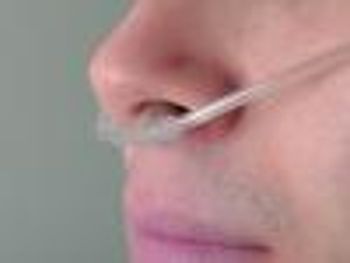
Depression and smoking status may be valuable targets for interventions from care providers.
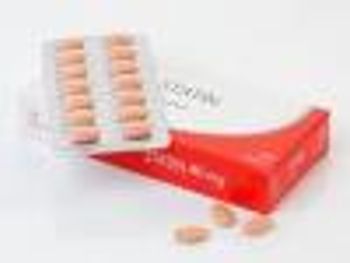
Statins may influence alterations in the airways of asthmatics during restructuring.

Questions still persist regarding immunologic mechanisms of MS treatments and vitamin D.
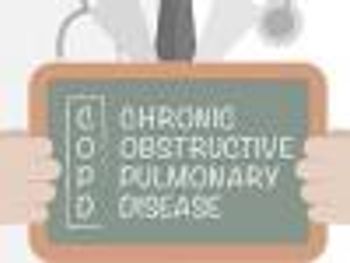
Caregivers are urged to utilize adequate mental health screening approaches.

Vitamin D deficiency may speed progression of the condition.
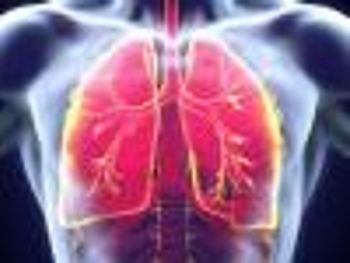
Childhood pneumonia carries a higher risk of chronic bronchitis and other disease-related quality of life issues.

GOLD group classification system could not predict lung function decline.

Researchers still seek to determine if vitamin D can make any difference in the course of MS after onset.

Both conditions are separate diseases with different causes, diagnostic procedures, and treatments.

Higher levels of physical activities leads to lower MS relapse rates.